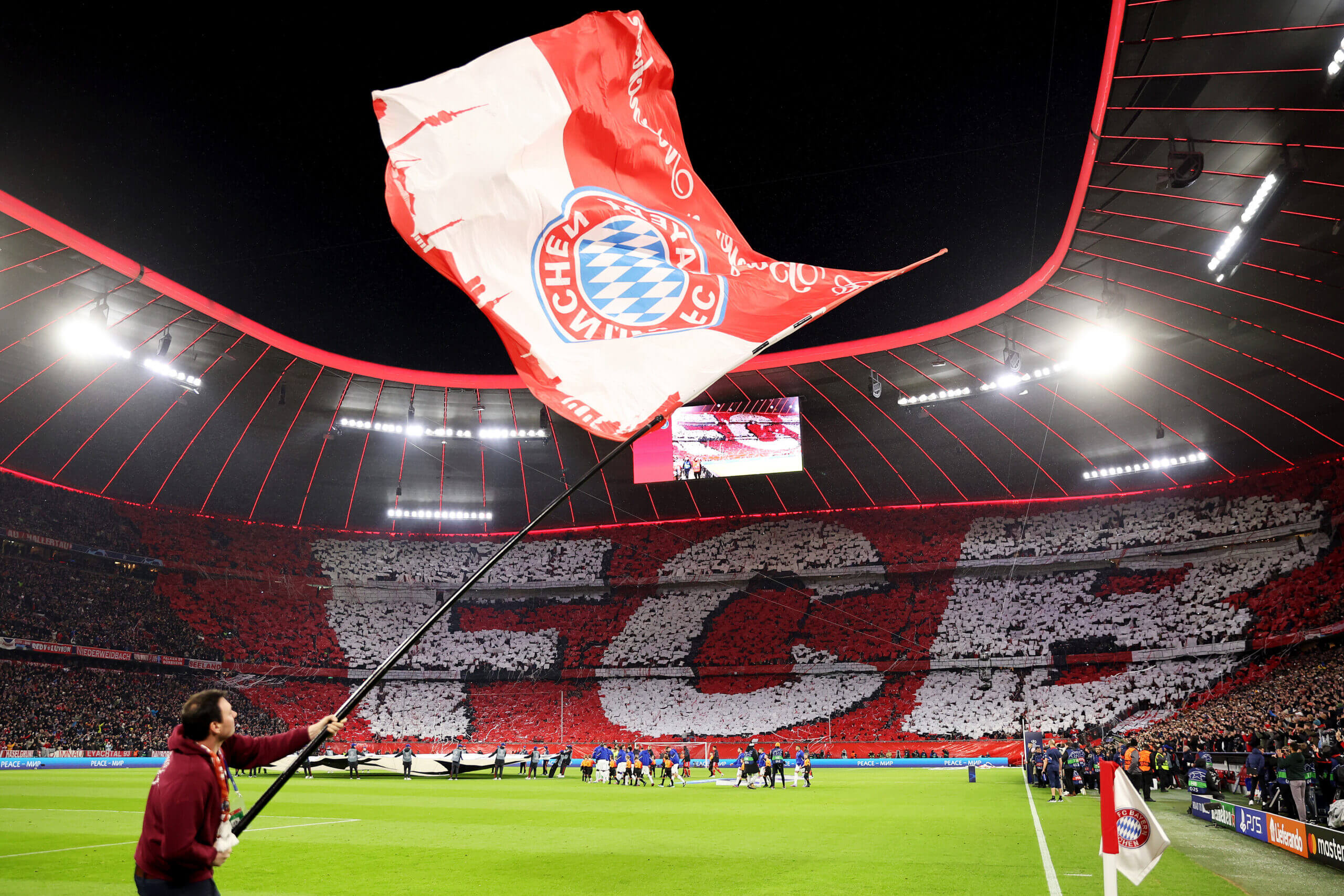EPL
To dare is to do… an approach for England’s captain believing you can extract him from Tottenham Hotspur, two years after Manchester City had failed and not long before he’ll break the Premier League scoring record.
“Totally nuts,” is how Bayern Munich honorary president Uli Hoeness dismissed the likelihood of them signing Harry Kane in a talk with the German city’s Abendzeitung newspaper in March. But by the beginning of July, Bayern had convinced themselves they could pull it off.
Advertisement
“Tottenham will cave in,” Hoeness brashly announced, much to the embarrassment of his fellow club operatives.
Completing this complex mission, a much more difficult endeavour than Sadio Mane’s ill-fated transfer from Liverpool a year ago, will do wonders for the Bavarians’ self-image.
It’s a classic “dicke hose” (literal translation: big pants) move from the serial Bundesliga champions, showing off their enduring financial and sporting potency after a near-disastrous 2022-23 season (by their standards) ended in a boardroom coup.
There’s a political dimension to all of this as well.
New chief executive Jan-Christian Dreesen, Hoeness and re-activated long-term former CEO Karl-Heinz Rummenigge were all too happy to start this new era with the biggest possible bang, spending more than €100million (£86.4m, $110m) on a 30-year-old striker.
It’s not certain former sporting director Hasan Salihamidzic would have been entrusted to hand over that much capital, even though new chief financial officer Michael Diederich had tentatively predicted Bayern smashing through the €100million ceiling for a new striker in a club-media interview in April.
A couple of years ago, the denizens of Sabener Strasse, Bayern’s training ground, might have considered that to be the very kind of madness only foreign clubs with more money than sense get afflicted by. But in the course of last season’s wretched campaign and a failed attempt to move beyond the club’s traditional reliance on a No 9, betting the house on a sure-fire centre-forward eventually became seen as a strict necessity.
Age means Kane won’t be able to score goals for almost a decade in Munich, as his predecessor Robert Lewandowski did. Eintracht Frankfurt’s Randal Kolo Muani, at 24, would have offered a longer-term solution with considerable upside in terms of resale but coach Thomas Tuchel and the board valued proven quality over potential.
Kane’s arrival, they hope, will instantly put Bayern back among the contenders for the Champions League, after a couple of disappointing participations that ended in the quarter-finals (against Villarreal in 2022 and eventual winners Manchester City this year). Stylistically, he also looks a better fit than Kolo Muani, who is more of a Thierry Henry-type, best at running at back-fours from wide areas.
Advertisement
Getting Kane in will be particularly pleasing for Hoeness.
The 71-year-old is a big fan of English football and loves watching the Premier League. He also has a long-held fascination with powerful centre-forwards. Kane ticks both these boxes for him, just as Mark Hughes did when he bought the former Manchester United front man from Barcelona as Bayern’s general manager in 1986.
The Welshman wasn’t a success in Munich, but Hoeness tried another British striker in Alan McInally of Aston Villa three years later. The Scot later recalled the former Bayern and West Germany forward gifting him 50 Deutschmark notes whenever he scored headers.
Bayern’s inability to attract top-class strikers after the departure of double-Ballon D’Or winner Rummenigge to Inter Milan in 1984 was one of the key reasons they didn’t succeed in Europe, however.
Frenchman Jean-Pierre Papin was sadly past his best by the time he made it to the Olympic Stadium at age 30 in 1994, and it would not be until the 2003 arrival of Roy Makaay, in a then-club record €18.75million (£16.2m/$20.6m at current exchange rates) transfer from Spain’s Deportivo La Coruna, that Bayern could count upon a devastating forward of international repute.
World Cup winner Luca Toni and World Cup finals record goalscorer Miroslav Klose were both signed in 2007, after Bayern’s move to the purpose-built Allianz Arena had strengthened their finances. And then in 2014 came Lewandowski, who proved the bedrock of Bayern’s domestic dominance for much of the past decade.
Kane’s move will be secretly welcomed by other clubs’ officials. The Bundesliga could do with attracting more international stars — especially ones who appeal to the ubiquitous English-speaking media.
For an entire generation of German supporters, this will all feel like a huge novelty. An Englishman in his prime hasn’t moved there since Kevin Keegan (Hamburg) and Tony Woodcock (Cologne) in the late 1970s and early ’80s.
Advertisement
What is clear, however, is that Kane going to Bayern won’t do much for the league’s competitiveness.
(Top photo: Alex Grimm/Getty Images)
Subscribe to The Athletic for in-depth coverage of your favorite players, teams, leagues and clubs. Try a week on us.
Munich-born Raphael Honigstein has lived in London since 1993. He writes about German football and the Premier League. Follow Raphael on Twitter @honigstein

Leave a Reply